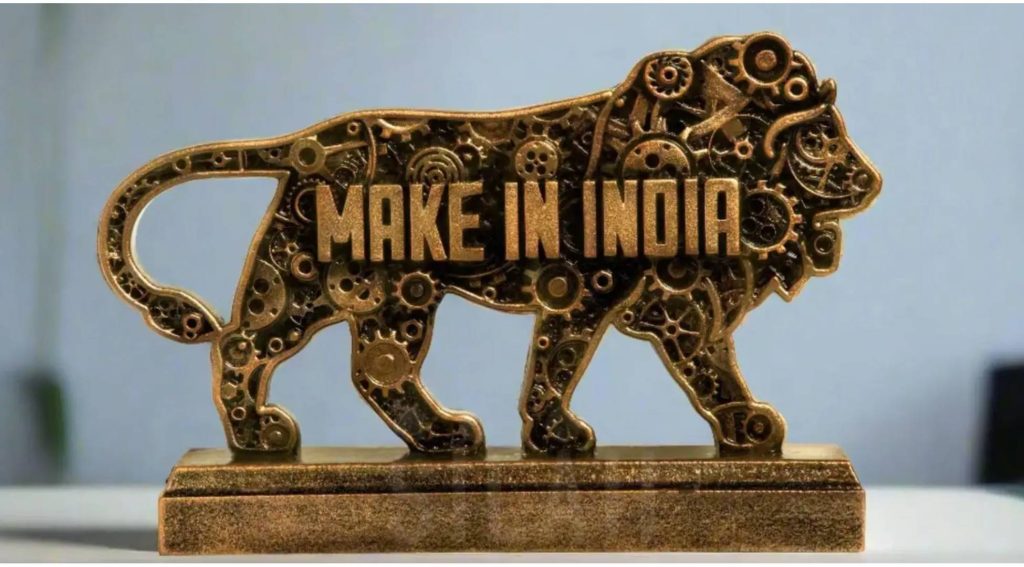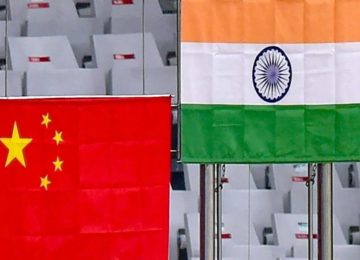B. V. R. Subrahmanyam, CEO, Niti Aayog, will lead an interministerial panel for the national manufacturing mission.
The panel is currently in consultations with stakeholders like state governments and domestic industry representatives to develop a strong framework for the mission.
These initiatives support the country’s ambitious Make in India project, launched in 2014, that aims to create more jobs, increase manufacturing share, and make India a global manufacturing hub.
India aims to achieve net-zero emissions by 2070, focusing on strengthening the economy while ensuring a clean and sustainable future. The country has been diversifying its energy mix by expanding solar and wind capacity, building energy storage capacity, and increasing the adoption of electric vehicles.
The Union Budget 2025 continues to provide momentum to India’s clean energy transition, driving towards a low-carbon, energy-secure future. Key features of the budget include the announcement of the National Manufacturing Mission, which is a positive step toward achieving self-reliance in the clean energy transition in the long run, and the reduction in basic customs duty on various waste and scrap of critical minerals, including lithium-ion batteries.
Additionally, the production-linked incentive (PLI) scheme for solar PV modules has accelerated renewable energy goals, with the first phase establishing manufacturing capacity and the second aiming to build 65 GW. The PLI scheme has been effective in promoting solar manufacturing and has helped India climb the value chain in solar PV module production.
The Union Budget 2023 focused on domestic solar equipment manufacturing with an allocation of Rs 19,500 crore to boost domestic manufacturing up to 45 GW. The budget also announced viability gap funding (VGF) for a 4 GWh battery energy storage system (BESS), an outlay of Rs 19,744 crore for the National Green Hydrogen Mission, and strategic interventions for green hydrogen transition (SIGHT) schemes.
Similarly, the wind manufacturing sector is also advocating for a similar PLI scheme for wind turbines and related components to boost domestic manufacturing and create a more resilient supply chain. The wind industry has advocated for concessional custom duty exemptions and reduced GST rates to strengthen domestic manufacturing capabilities.
Backdrop:
It must be noted that FM Nirmala Sitharaman had announced a National Manufacturing Mission to cover small, medium, and large industries for furthering Make in India in the Union Budget 2025-26. The manufacturing segment currently accounts for 16-17% of India’s GDP.
In her budget speech, the FM said that the mission will focus on five focal areas: ease and cost of doing business, future workforce readiness, the MSME sector, technology availability, and quality products.
The mission will offer policy support and create a governance and monitoring system for central ministries and state governments. It will also support clean tech manufacturing and build the ecosystem for solar PV cells, EV batteries, motors, controllers, electrolyzers, wind turbines, very high voltage transmission equipment, and grid-scale batteries.
Subsequently, the Indian government also formed an inter-ministerial committee to design the main plan for the national manufacturing mission.












